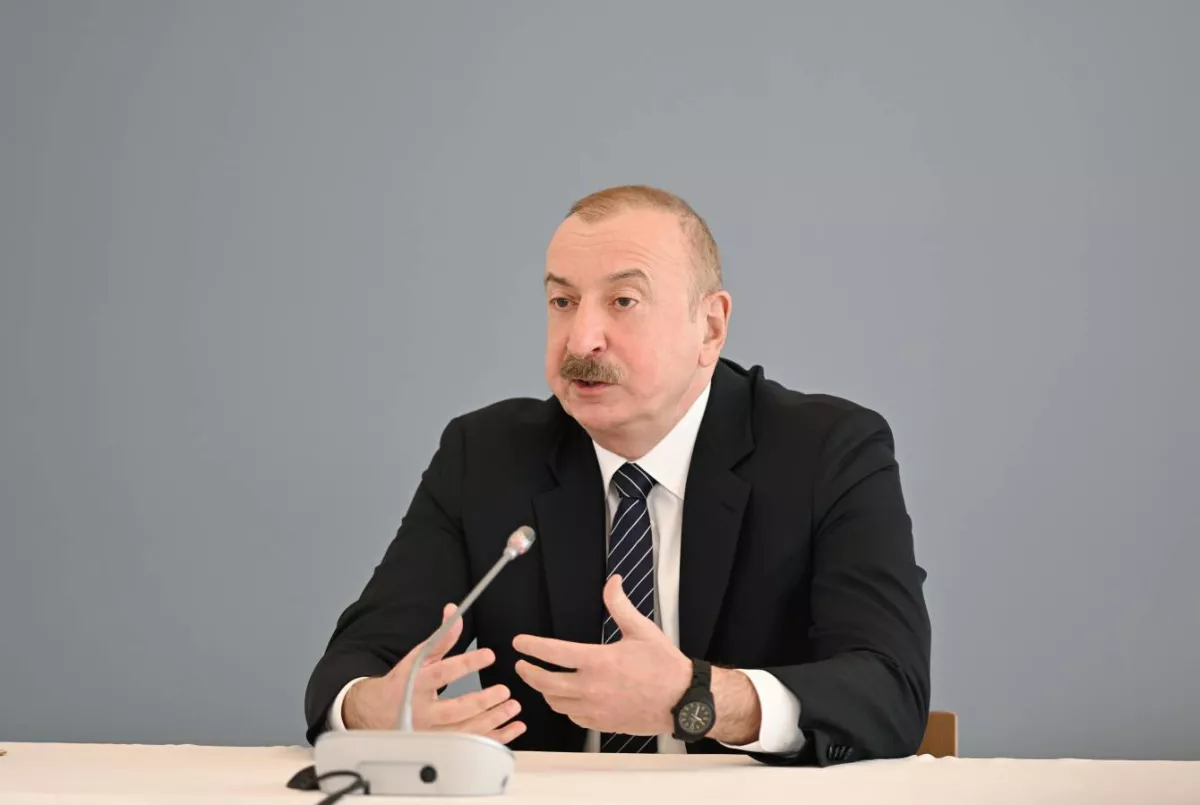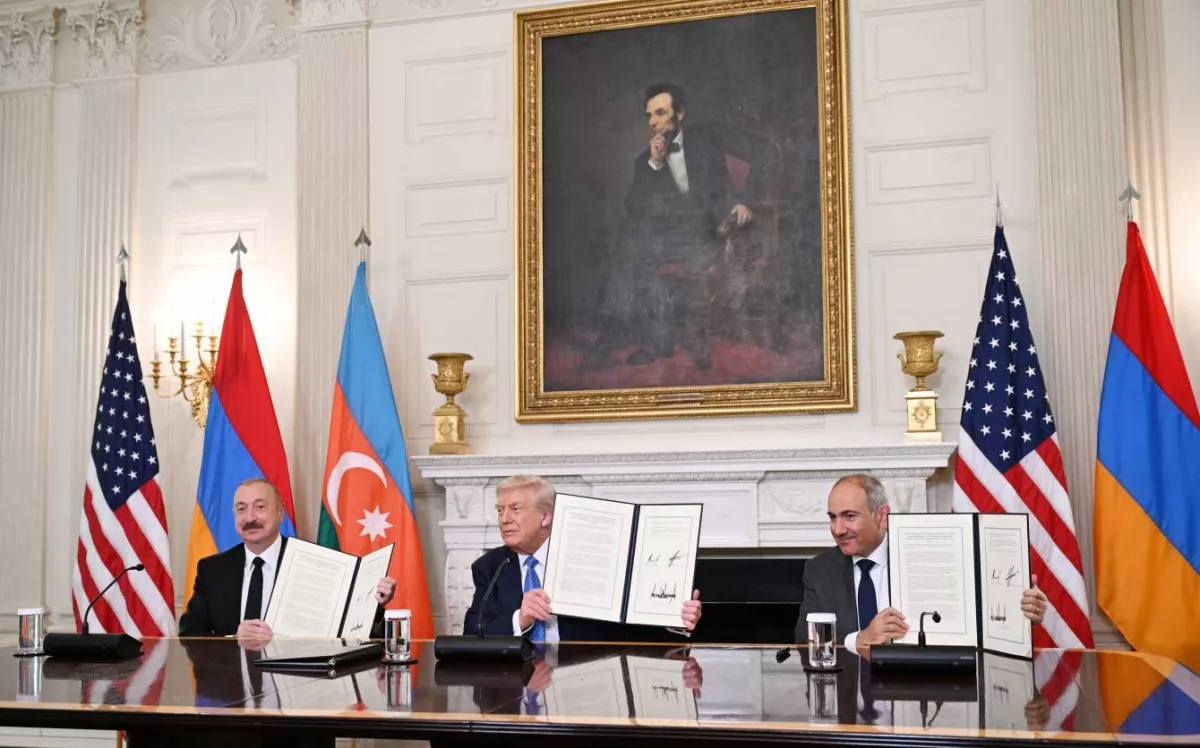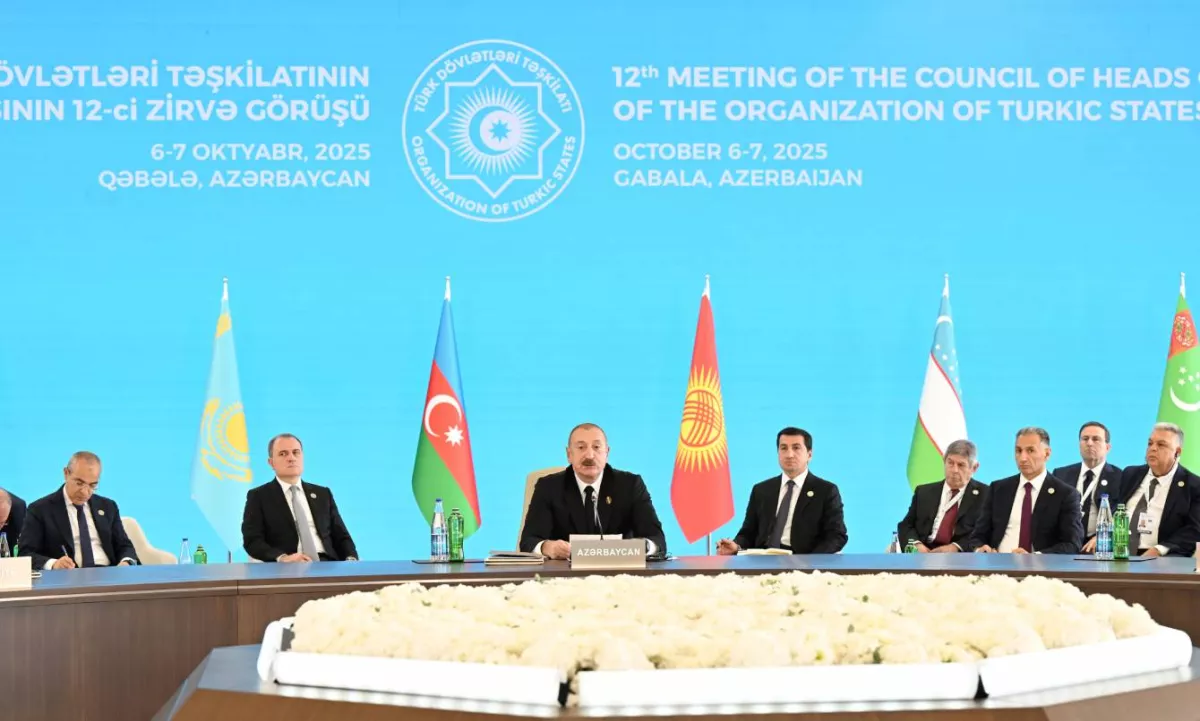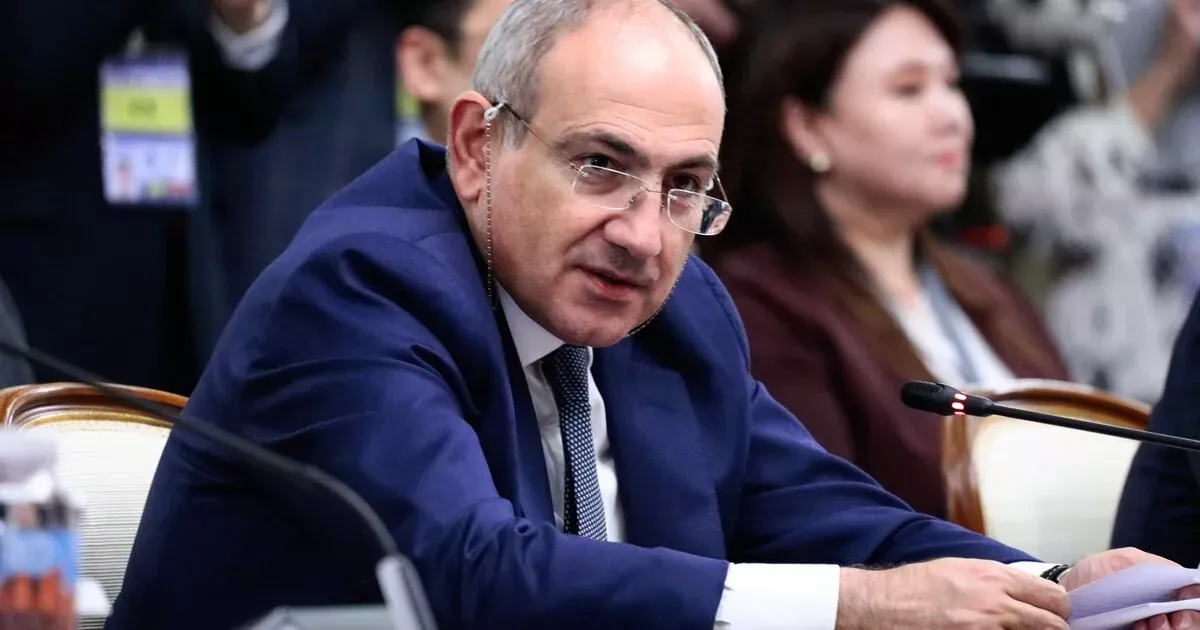Baku has given a chance — will Yerevan realise it? Peace in practice
When we call on various external actors to listen carefully to the messages of Azerbaijani President Ilham Aliyev, delivered on different international platforms, we do so with a sincere intention to draw the attention of the recipients to the need to comprehend what is happening in the world. Yes — in the world, with the situation projected onto the South Caucasus. Yet, it often happens that a certain reversal takes place: the messages of the President of Azerbaijan, addressed to interested parties, concern the importance of their understanding of upcoming developments in our region and their subsequent impact on the global situation.
And had those external actors paid closer attention to Ilham Aliyev’s programmatic speeches, they would not now be gasping in surprise at a number of decisions announced by the President of Azerbaijan following his recent talks with President of Kazakhstan Kassym-Jomart Tokayev.
But, as the saying goes, time teaches (or heals?), and therefore we can be confident that an increasing number of high-level politicians and analysts will listen more attentively to the messages of the Azerbaijani President — including in terms of their own interests. This will allow them to keep pace with the newly emerging trends, whether in the South Caucasus or across a broader geographical landscape.
To confirm this, let us refer to the following fact.

In April of this year, during his address at an international forum held at ADA University, President Ilham Aliyev emphasised that as a result of occupation and aggression, Armenia deprived itself of the opportunity to become an important transit country for Azerbaijani energy resources and transport routes.
At the same time, the head of state noted that if an agreement were to be signed between Azerbaijan and Armenia, there would be no obstacles to the start of cooperation. However, he added, being realists, we cannot imagine that we would immediately become friends with Armenia. That is unrealistic, and even discussing any form of economic integration would be premature. But it would be possible to begin with small steps — such as mutual visits by journalists and members of the intelligentsia, and perhaps joint meetings on transboundary rivers, since this represents a serious problem for Azerbaijan due to Armenia’s pollution of the Araz River.
Through such steps, it is possible to try to reduce mistrust — after all, building trust takes years. Baku, for its part, is ready to pursue a course aimed at lowering the level of mistrust.
Four months have passed since President Aliyev’s statement. In August, in Washington, the Presidents of Azerbaijan and the United States — Ilham Aliyev and Donald Trump — together with Armenian Prime Minister Nikol Pashinyan signed a Joint Declaration, under which they witnessed the initialling by the foreign ministers of both countries of the agreed text of the Agreement on the Establishment of Peace and Inter-State Relations and acknowledged the need to continue efforts towards the signing and final ratification of this document.

The Declaration also reaffirmed the importance of opening communications between Azerbaijan and Armenia in order to promote peace, stability, and prosperity in the region and beyond — based on respect for the sovereignty, territorial integrity, and jurisdiction of states. The document, in particular, guarantees the unhindered connection between the main part of Azerbaijan and the Nakhchivan Autonomous Republic through the territory of Armenia.

Two months later, in his next programmatic address at the 12th Summit of the Organisation of Turkic States (OTS) held this month in Gabala, the head of state emphasised the significance of Azerbaijan’s restoration of its territorial integrity and sovereignty over all the ancestral lands. He stated that while we will never forget the Armenian occupation, by expelling the occupiers we have achieved a just peace. At the same time, President Aliyev noted that the initialling of the peace agreement by the two sides would turn the South Caucasus into a space of peace, and the steps taken by Baku have reaffirmed the peace agenda advanced by Azerbaijan.
Just a few days ago, the head of state announced the decision to lift all restrictions on the transit of goods to Armenia that had been in place since the occupation. According to the President, this demonstrates that peace between the two countries now exists not only on paper but also in practice.
Nikol Pashinyan immediately expressed his gratitude to the Azerbaijani leader. And this is quite understandable, especially in light of his earlier statement on the importance of passing on to future generations an Armenia where people can freely express themselves and build their happiness through free and creative labour.
As Pashinyan clarified, this requires peace — a factor that ensures and guarantees both security and independence.

In light of this, Pashinyan’s expression of gratitude to Ilham Aliyev appears entirely natural, for the Azerbaijani leader has, in fact, shaped the peace agenda for the entire region, extending its influence beyond the South Caucasus — despite years of resistance from forces opposed to the peace-oriented policy of official Baku.
It should also be noted that at the same international forum at ADA University, President Ilham Aliyev highlighted the miscalculation made by our geographic neighbours regarding their future development, as they sacrificed their economic prospects and genuine independence for the sake of illusions about a “Great Armenia.”
Therefore, Armenia should always remember that it is precisely Azerbaijan’s well-calibrated foreign policy — based on the deliberate and precise actions of its head of state — that has effectively created for Yerevan the opportunity to become a truly independent country. One can only hope that Armenia will recognise this crucial fact and finally abandon its aggressive ambitions — including by making the necessary amendments to its constitution.
Today, we are witnessing the steady implementation in the South Caucasus of ideas previously voiced by our head of state, particularly those steps he outlined as early as April 2025, when he mentioned the possibility of mutual visits by journalists and members of the intelligentsia of the two countries. The further development of the situation in a positive direction, of course, depends on what steps Yerevan will take next.








